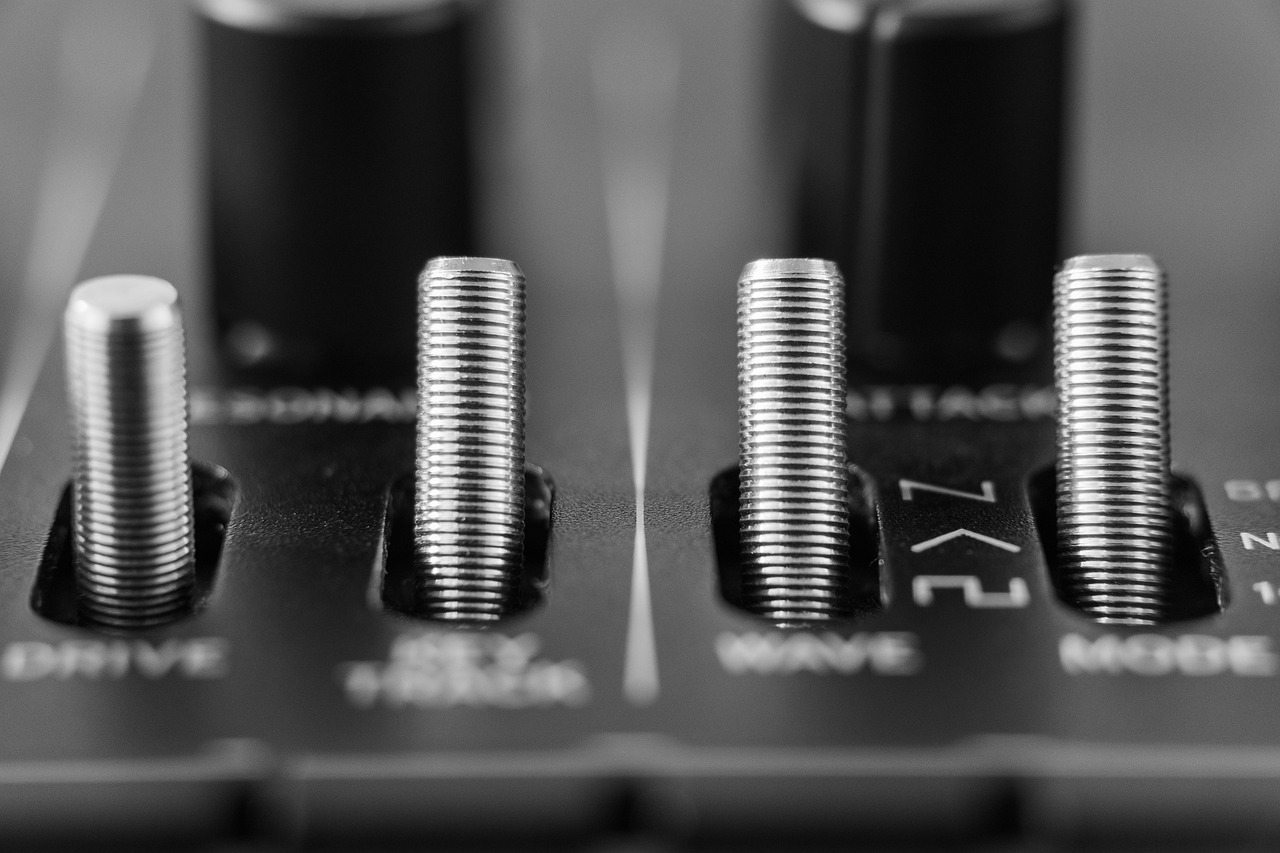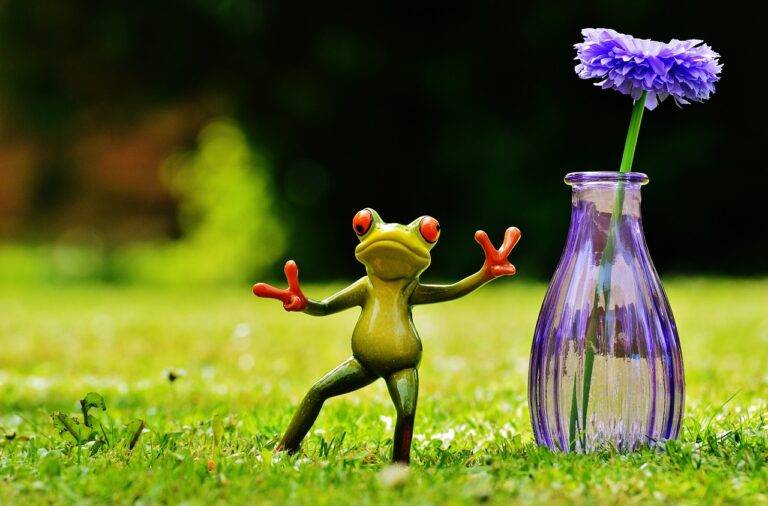The Psychology of Horror: Fear, Anxiety, and Catharsis in Entertainment
Fear has been an inherent part of the human experience since ancient times. The instinct to respond to threats by either fighting or fleeing is deeply ingrained in our psychological makeup. The experience of fear triggers a complex interplay of physiological responses designed to enhance our chances of survival in dangerous situations.
The fascination with horror can be traced back to our primal need to understand and confront our deepest fears. By exploring the darker aspects of human nature through storytelling and art, we can potentially gain insight into our own fears and anxieties. The allure of horror lies in its ability to provide a safe space for us to confront and process the things that terrify us, allowing us to explore and make sense of the unknown and the macabre.
The Role of Fear in Horror Entertainment
Fear is a fundamental emotion deeply rooted in the human psyche. Throughout history, it has served as a survival mechanism, alerting individuals to potential threats and dangers in their environment. In the context of horror entertainment, fear is harnessed to evoke intense reactions from audiences, eliciting feelings of suspense, tension, and unease.
In horror films, fear is strategically manipulated through various cinematic techniques such as eerie sound effects, jump scares, and ominous lighting. These elements work in tandem to create a sense of dread and anticipation, heightening the overall viewing experience for audiences. The intense emotional response generated by fear in horror entertainment taps into primal instincts, providing a cathartic release for viewers as they navigate the terrifying scenarios depicted on screen.
The Connection Between Anxiety and Horror Films
When delving into the relationship between anxiety and horror films, it becomes evident that these two seemingly disparate entities are intimately intertwined. Horror movies have long been crafted to tap into our deepest fears and anxieties, triggering primal responses that evoke a heightened sense of terror and unease in viewers.
The suspenseful atmosphere, menacing visuals, and eerie soundtracks of horror films work in unison to elicit a visceral reaction from audiences. These elements play on our innate fears, sparking a psychological response that lingers long after the credits roll. The adrenaline rush experienced while watching a horror movie can be addictive for some individuals, providing a temporary escape from the monotony of everyday life.
• Horror films tap into our deepest fears and anxieties
• Suspenseful atmosphere, menacing visuals, and eerie soundtracks elicit visceral reactions
• Elements of horror movies play on innate fears, sparking psychological responses
• Adrenaline rush experienced while watching can be addictive for some individuals
Why do some people enjoy watching horror films despite feeling anxious?
Some people enjoy watching horror films because it provides a controlled environment in which to experience fear, without real-life consequences. The adrenaline rush and the sense of relief after the film can be satisfying for some viewers.
Can watching too many horror films exacerbate anxiety?
While watching horror films in moderation is generally considered harmless, watching excessive amounts of horror films can potentially exacerbate anxiety in some individuals. It is important to be mindful of your own limits and reactions to such stimuli.
Are there any benefits to watching horror films for individuals with anxiety?
Some individuals with anxiety may find that watching horror films can serve as a form of exposure therapy, allowing them to confront their fears in a safe and controlled environment. However, this approach may not be suitable for everyone and should be approached with caution.
How can one differentiate between healthy enjoyment of horror films and a negative impact on anxiety?
It is important to pay attention to how watching horror films makes you feel. If you find that it significantly increases your anxiety levels or interferes with your daily functioning, it may be a sign that the films are having a negative impact on your mental health. It is always recommended to seek help from a mental health professional if needed.







